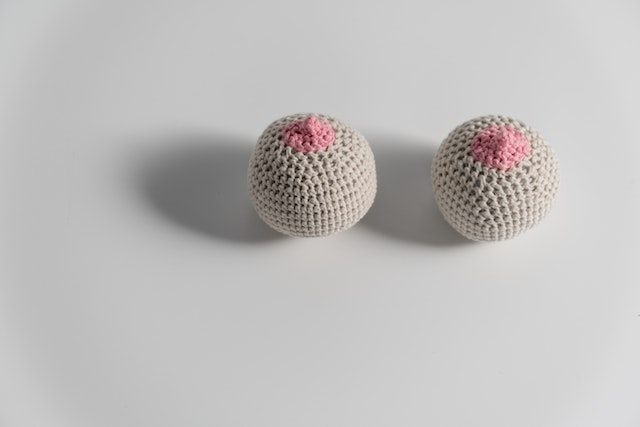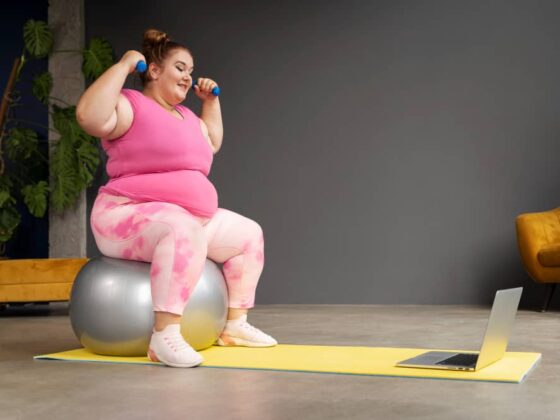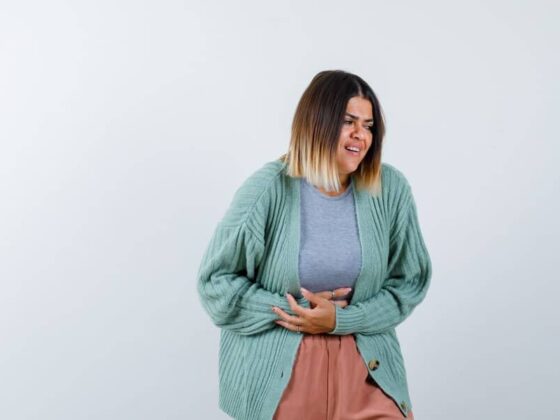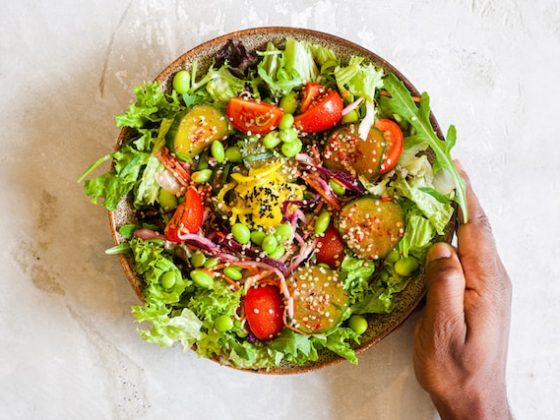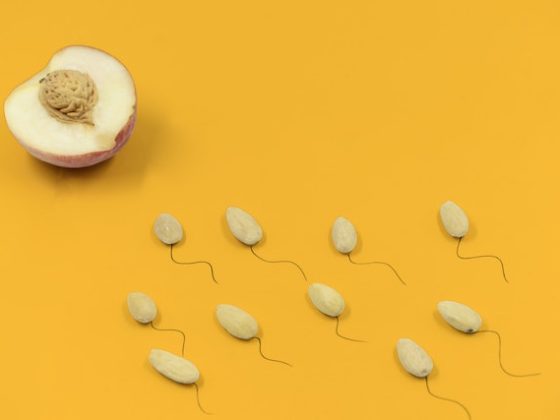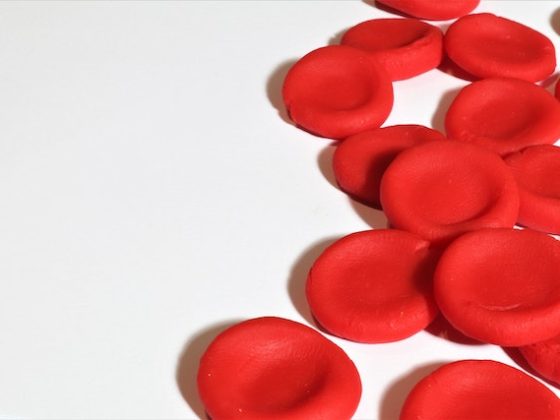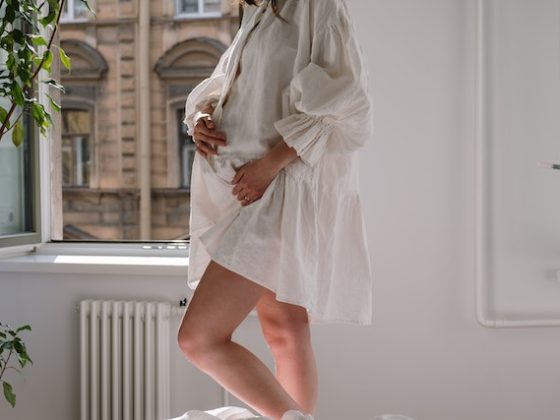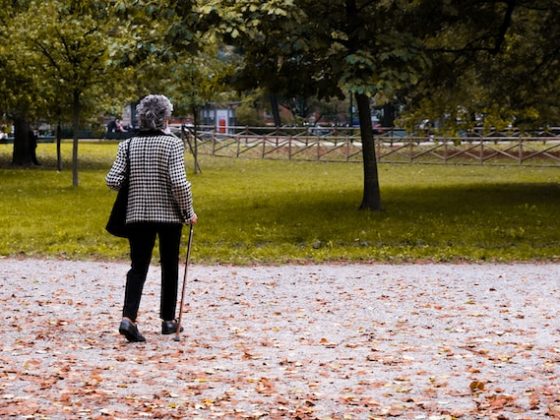Hey there! This post may contain affiliate links. As an Amazon Associate, I earn a teensy commission from qualifying purchases when you buy through these links (at no additional cost to you). For more info, please check the full disclaimer.
During puberty, a girl gets her periods, grows more body hair, and the body structure changes as she develops breasts. However, breasts hurt when they grow, and it’s common for them to become sore or tender.
This may be a concerning moment for a young girl, especially if she isn’t prepared or well-informed. Let’s discuss the reason why breasts hurt as they grow.
Reasons Why Breasts Hurt When They Grow
During puberty, fluctuations in hormone levels often cause tenderness or pain in the breasts. The two primary hormones responsible for breast growth and associated discomfort are estrogen and progesterone.
Estrogen levels rise significantly during puberty, fueling the growth of breast tissue. As breast tissue expands, it puts pressure on nerves and connective tissue in the breasts, causing soreness. Estrogen also causes fluid retention, which can lead to breast swelling and tenderness.
Progesterone, the hormone responsible for preparing the body for pregnancy, also rises during puberty and the menstrual cycle. Progesterone causes breast milk ducts to enlarge, which may lead to breast pain, especially before menstruation.
Other factors that can exacerbate hormonally-induced breast pain include:
- Caffeine and sodium intake: Both can promote fluid retention and breast swelling. Reducing intake may help relieve discomfort.
- Lack of breast support: Not wearing a bra, or wearing an ill-fitting bra, can strain breast tissue and increase pain. A supportive bra may help minimize discomfort.
- Stress and tension: Stress hormones like cortisol can heighten the effects of estrogen and progesterone on the breasts. Practicing relaxation techniques may help reduce pain.
The good news is that breast pain caused by hormones typically subsides once hormone levels stabilize after puberty and during the menstrual cycle.
Read More: Foods to Increase Estrogen Naturally
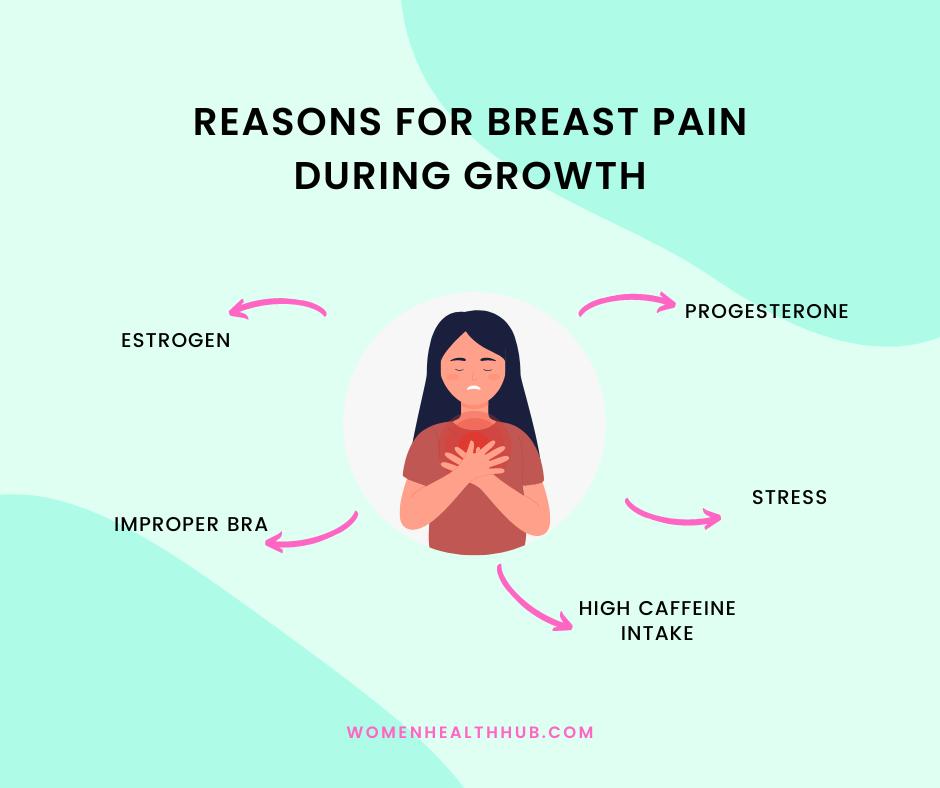
Breast Tenderness in Adult Women
Breast pain in adult women is also quite common. It may be a part of the normal monthly cycle for many. Breasts also increase in size and hurt in pregnancy as the body prepares for childbirth and breastfeeding.
How to Relieve Breast Tenderness and Soreness
Here are some tips to provide comfort when your breasts hurt.
- Apply a Heating Pad
Applying a heating pad to sore breasts can help relax your muscles and relieve discomfort. The heat will increase blood flow to the area, reducing inflammation and easing tenderness. Use a heating pad on a low setting for 10 to 15 minutes at a time, a few times per day. Be sure to place a towel between the heating pad and your skin to prevent overheating.
- Take an Over-the-Counter Pain Reliever
An OTC medication such as ibuprofen, naproxen, or acetaminophen can help reduce breast pain by lowering inflammation and blocking pain signals. Follow the dosage instructions on the packaging to ensure safe and effective relief. These medications are generally considered safe for short-term use but check with your doctor if pain persists or if you need to take them for more than a week.
- Wear a Supportive Bra
A supportive sports bra or bralette can help minimize the movement of your breasts, reducing pain from the stretching of the fibrous tissues and ligaments. Look for a bra that is sized correctly for your breasts, made of breathable cotton material, and offers molded cups or underwires for added support. You may need to avoid underwire bras when breasts are very tender.
- Apply Cold Compresses
Cold compresses can relieve discomfort and swelling in tender breast tissue. Wrap a few ice cubes or a cold pack in a towel and place over sore areas of your breasts for 10 to 15 minutes at a time, a few times per day. The cold temperature will reduce inflammation, numb the area, and constrict blood vessels to ease the pain. Be very careful not to place ice directly on your skin.
- Get Extra Rest
Lack of sleep and increased stress can intensify breast tenderness. Aim for 7 to 8 hours of sleep per night to allow your body to rest and heal. Stress management techniques like meditation, deep breathing, and yoga may also help relax your body and mind. Making time for yourself to unwind will have significant benefits for relieving discomfort.
Read More: Worst Foods for Hormones
When to See a Doctor
While normally breasts hurt when they grow and should not be worried about, you may want to watch out for some warning signs.
If you feel a lump in your breast, or if there is any pus-like or bloody discharge from the breast, it may be a cause for concern such as an infection or cancer. Seeing a doctor in good time will help relieve the problem.
The Bottomline
In summary, while breast growth during puberty or pregnancy can be painful, there are several explanations for why this occurs and steps you can take to relieve discomfort. Understanding the underlying causes – hormonal changes, stretching skin, and sensitive breast tissue – can help put your mind at ease that this tenderness is normal and temporary. While growing breasts can be an awkward experience, learning about what is happening and how to ease symptoms will help you feel more in control of your changing body.
References:
- https://www.ncbi.nlm.nih.gov/pmc/articles/PMC4200534/
- https://www.ncbi.nlm.nih.gov/books/NBK562195/
